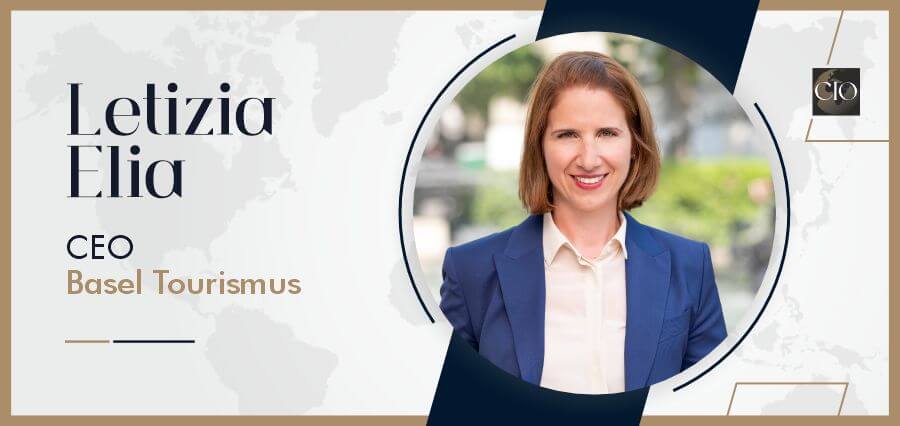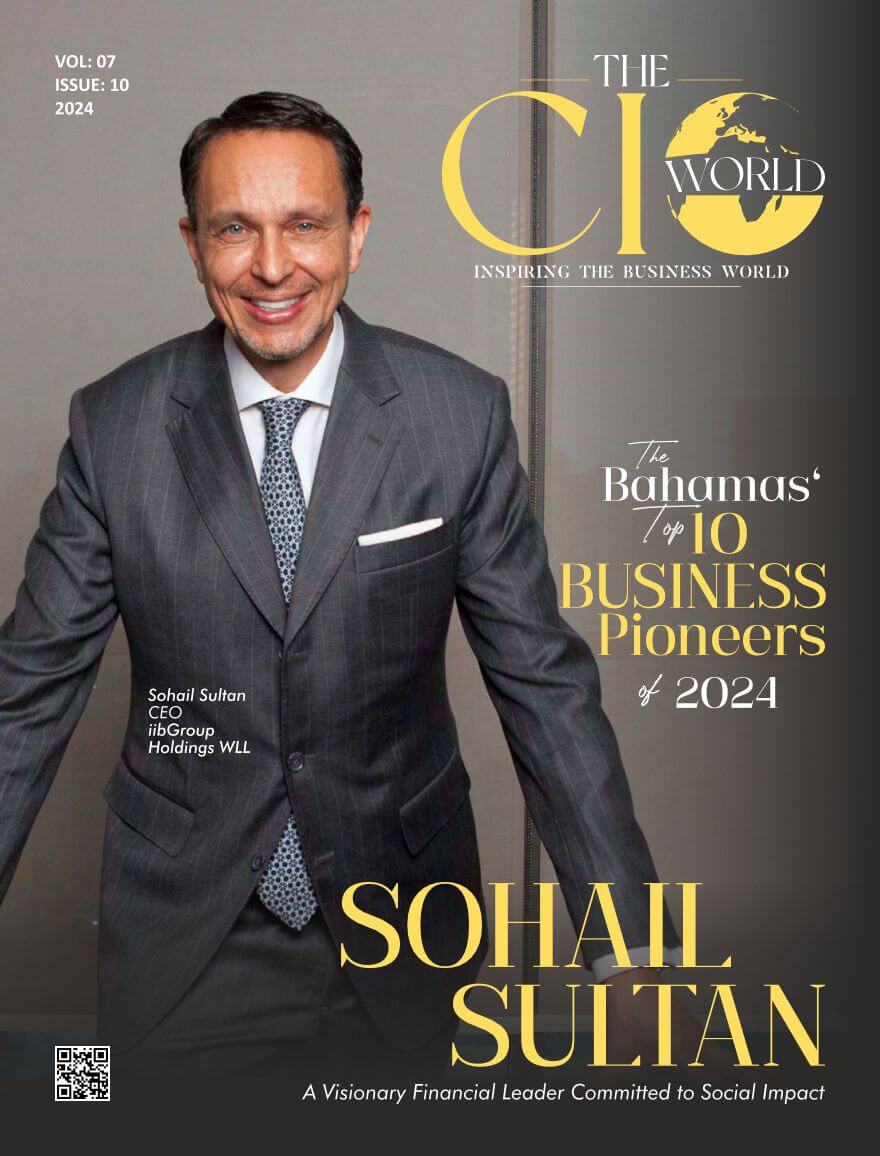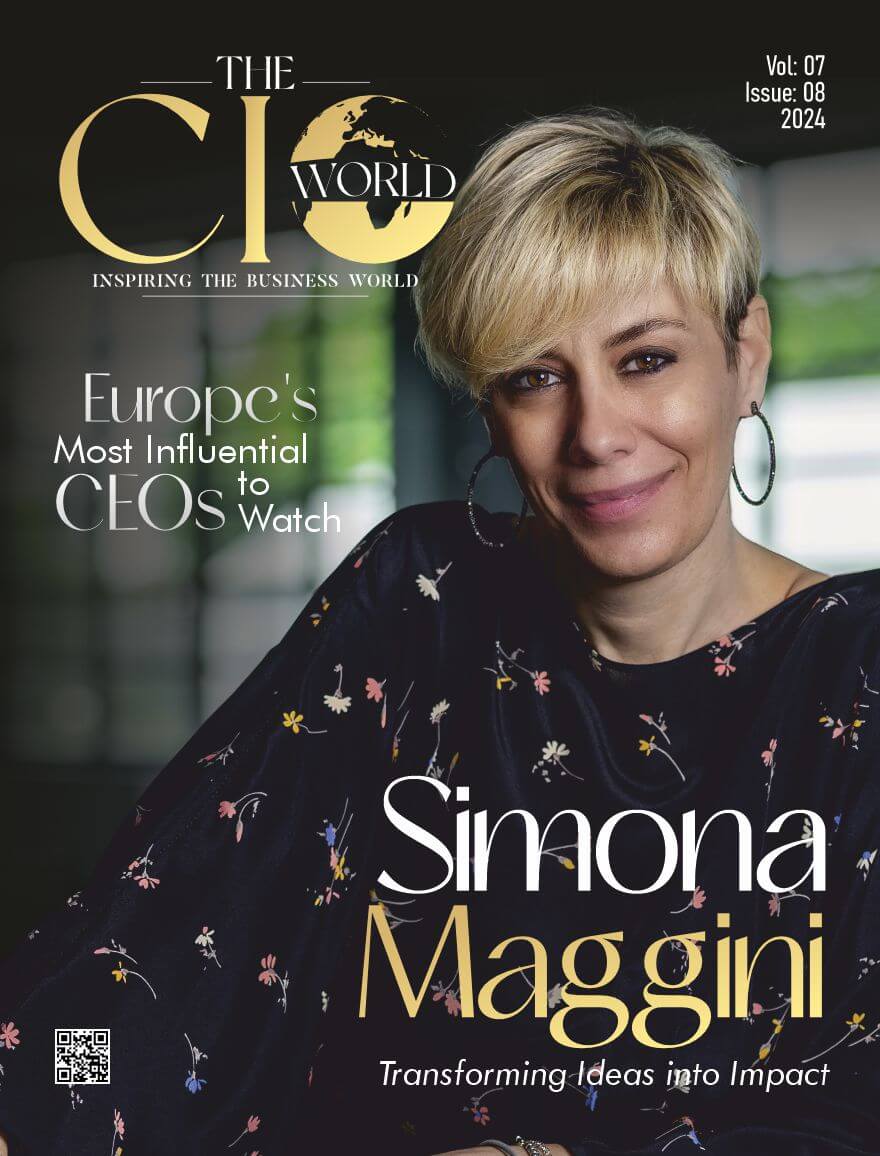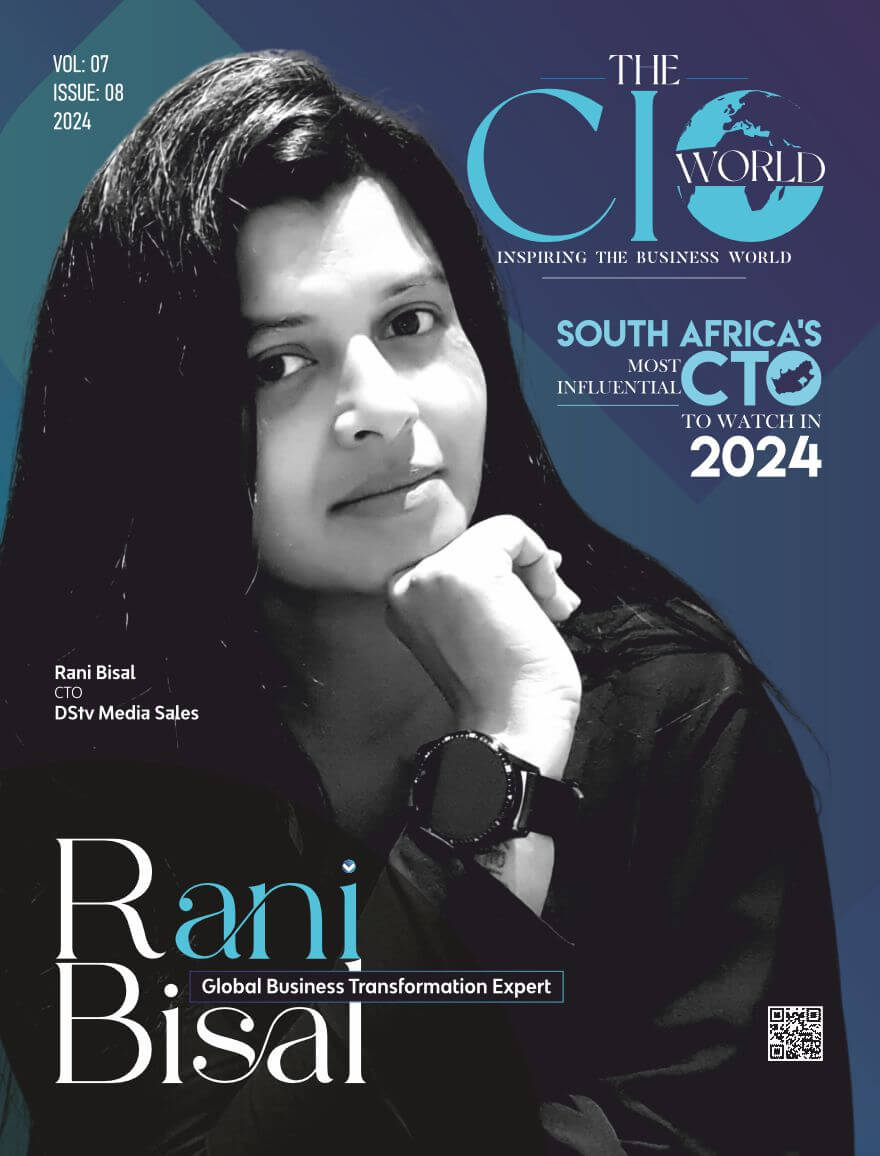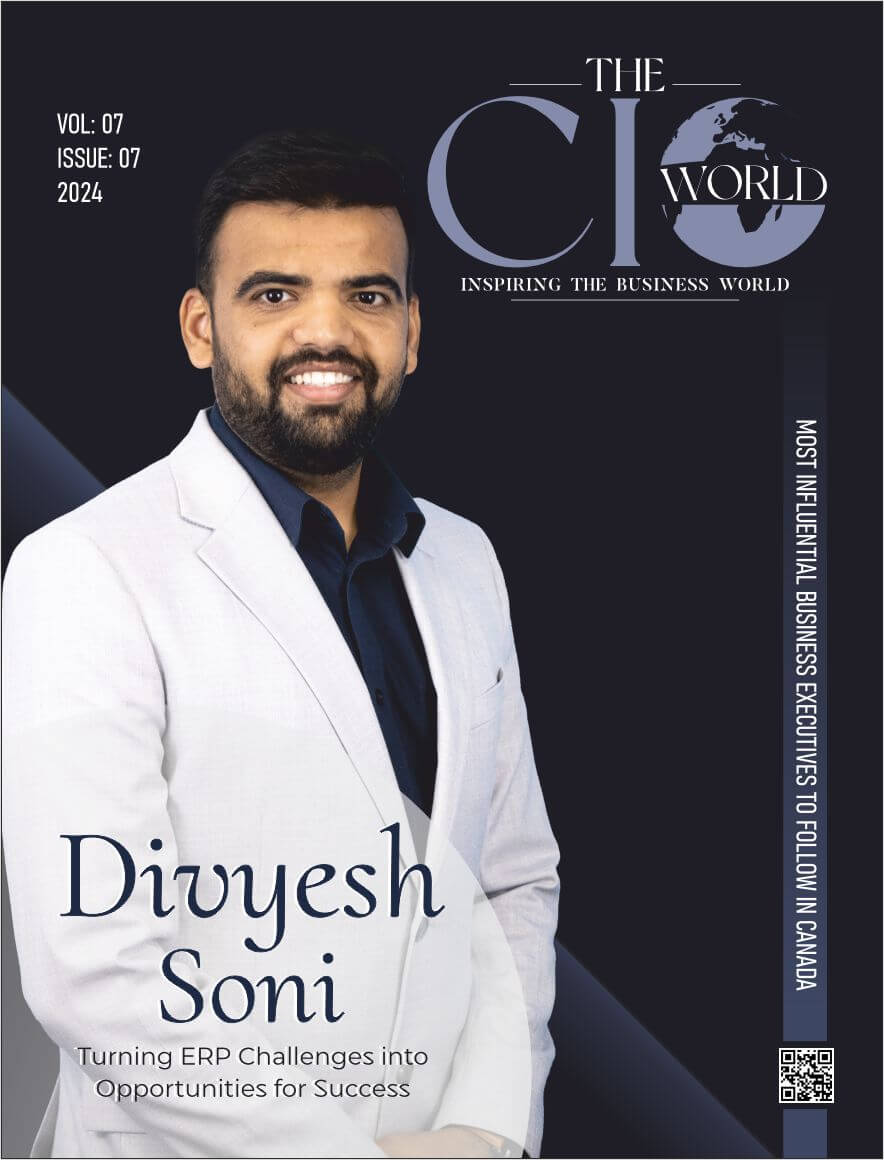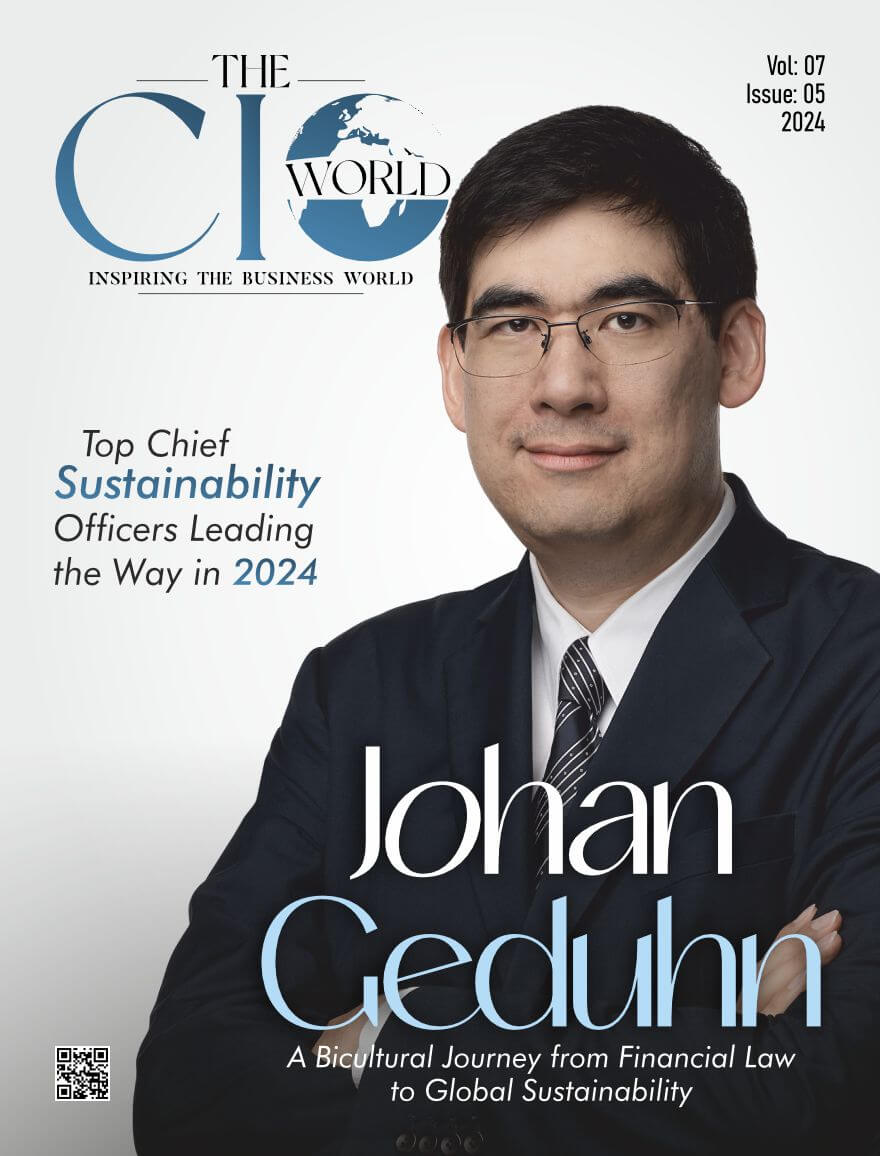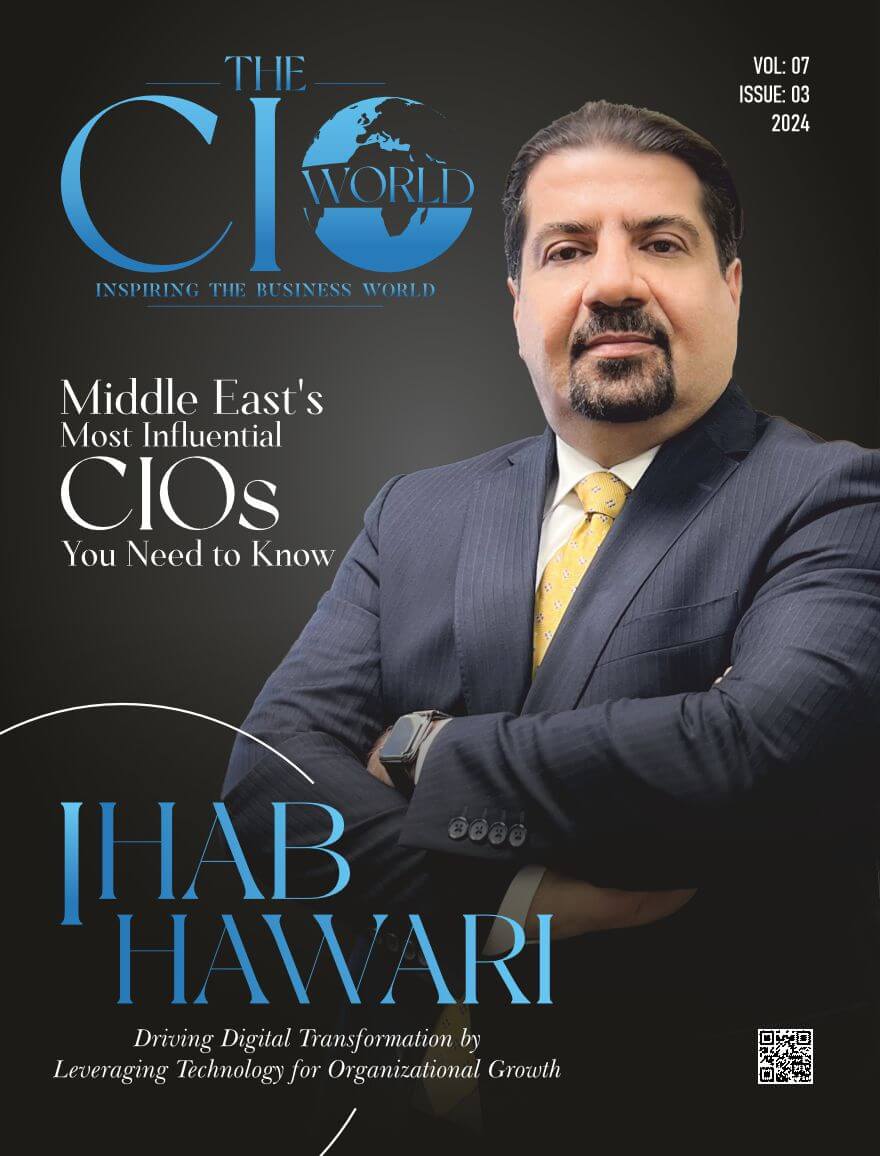A Journey of Cultural Exploration and Professional Growth!
Language, in all of its forms and manifestations, is without a doubt one of the most exquisite works of art ever created. Besides its practical role in communication, language approaches the sphere of artistry, painting vivid pictures, inspiring deep emotions, and changing the very foundation of our being. From Shakespeare’s poetry to Toni Morrison’s rhythmic prose, language is a masterpiece that attracts, inspires, and connects us all.
With many different languages spoken all around the world, each showing a special culture, history, and lifestyle, there are endless opportunities for people to learn about and communicate across different cultures. Some individuals find a deep passion for exploring these language worlds, which can greatly impact their personal and work lives in surprising ways.
Letizia Elia, CEO of Basel Tourismus, exemplifies how an abiding passion for languages may lead to a successful career in tourism. Her rise from studying languages to leading a famous tourism company exhibits the transforming effect of following one’s passions, as she admits.
Having a lot of knowledge of languages and a strong interest in different cultures and how people from different places communicate, her professional journey changed unexpectedly when she got her first full-time job in the trade fair and congress sector, which is a big part of the tourism industry. This is where she first learned about tourism, and she was captivated by it right away.
Her distinctive combination of linguistic skills and cultural awareness has allowed her to provide a fresh perspective on the tourism sector. Her innovative approach to marketing places, establishing cross-cultural linkages, and improving visitor experiences has distinguished her as a visionary leader in the industry.
As a CEO, she seeks to motivate people through her story of transformation and success. Her experience serves as a reminder that with perseverance, passion, and a willingness to accept change, anyone can build themselves a satisfying career path based on their interests and talents.
Below are the interview highlights:
Can you share your journey as the CEO of Basel Tourism and how your leadership has influenced the growth and development of the organization?
I worked for the trade fair organizers in Basel for over ten years, where I was able to develop my skills and gain management experience. During this time, I also completed an MBA in Business Administration. After that, I moved on. I became a member of the management team at Switzerland Tourism and was responsible for business development and partnerships.
Part of my time at Switzerland Tourism was mainly characterized by the pandemic, which was challenging but also exciting and allowed me to grow personally. I have now been CEO of Basel Tourism for a year and a half. It’s a dream job for me. I work with a wonderful team to market my home city, which I love and appreciate above all else. I can contribute with my skills in tourism, marketing, partnerships, and destination development. But an important part is also the development and motivation of our employees. They are our most important resource. I believe in a collaborative management style based on transparency and trust. However, I am very ambitious myself and like to motivate teams to go the extra mile to achieve their goals.
What strategies have you implemented to position Basel Tourism as a prominent player in the travel industry, especially in Switzerland?
We launched our 2024–2027 strategy this year. We want to sustainably position Basel as a popular leisure destination and establish it as a magnet for congresses and events. We have set the following priorities:
- Communication: the lack of mass tourism is a unique selling point (USP) in our marketing communication.
- Further, focus on the topic of art, with an increased focus on architecture.
- Aligning marketing with travel motifs and addressing guests directly and digitally via trendsetter personas.
- Concrete implementation of sustainability measures to make sustainability a tangible experience in Basel.
- Strengthening Congress marketing and increasing Congress bidding.
- Sharpening of market priorities and a new focus on developing the domestic market (Switzerland).
- Further, develop partnerships and cooperation.
How has your background in the tourism industry prepared you for the challenges and opportunities faced by Basel Tourism under your leadership?
I was able to acquire a lot of knowledge in tourism in my previous roles. I was also able to gain a lot of management experience and have continued to develop my skills through education programs. I think I have the tools for the job, but I still must keep developing and never stand. But I find that very positive and motivating.
Could you elaborate on the recent achievements of Basel Tourism and how they have contributed to enhancing the tourism experience in Basel, Switzerland?
We recovered quickly after the pandemic. This was challenging because the two segments in which Basel was strong before the pandemic—individual business tourism and the trade fair segment—have slumped sharply and are still not back. We were able to compensate for this lack of overnight stays through consistent marketing of the leisure destination, effective activities in the domestic market, and intensive work in the area of congresses. We have also developed further in the area of guest experience and launched new products. Another highlight is the measures in the area of welcoming culture; we have implemented a good first-best practice with the activities to increase the attractiveness of the location for Art Basel.
As a CEO, what key skills do you consider essential for success in the travel industry, and how do you ensure these skills are reflected in your team at Basel Tourism?
Tourism is a cross-sector industry, so you have to think in a networked way and also look for cooperation outside of tourism. Passion for the destination is also an important element. It is important to cooperate with all relevant players and develop the destination together. And, as mentioned earlier, employees are the most important resource. You have to take care of them and enable them to do a good job and develop continuously.
In what ways do you prioritize social responsibilities and community engagement within the operations of Basel Tourism, and how does this reflect your leadership values?
That is very important to me. On the one hand, it is clear to me that tourism must always be in harmony with the needs of the local population. This requires exchange and good dialogue. This basic attitude is firmly anchored in our values. It is also important to me to be a good employer and maintain fair partnerships.
How do you develop the changing landscape of the travel industry, particularly in terms of adapting to new trends and technologies to satisfy the demands of today’s travelers?
It’s challenging to decide which trends to jump on and when, but it also makes it exciting. In tourism, you deal very openly with findings and can exchange ideas with industry colleagues at any time. I appreciate that! We always focus on guest convenience and have developed a lot in the area of digitalization and the continuous experience accordingly.
Can you discuss a specific instance where your leadership at Basel Tourism has led to innovative solutions or initiatives that have positively impacted the organization and its stakeholders?
As mentioned above, we have developed new products. Most recently, for example, with the School of Arts and Design. We will be offering joint tours of local artists’ studios in the future. This shows us from a different angle and gives artists a new platform. We are also cooperating with the local industry and offering guided tours of company premises. We have adapted our membership model to appeal to younger people, and we are seeing initial success here too. To improve the profitability of the hotels, we support them with important industry information. We are a Swisstainable pilot destination and are currently working with partners to emphasize sustainability.
What role does collaboration play in driving success for Basel Tourism, particularly in partnerships with other organizations or stakeholders within the tourism sector?
That is very important. Tourism depends on the entire local ecosystem, so collaboration within the industry but also with other strategic partners is very important. Exchanges outside the destination also help you break new ground.
How do you envision the future of Basel Tourism under your leadership, and what strategic plans do you have in place to ensure continued growth and success in the travel industry?
Basel Tourism has a clear vision for the coming years: Basel is on the bucket list of individual travelers with an affinity for art and architecture and is seen as a refreshing alternative to mass tourism. In today’s world, there is a growing desire for manageable places. Medium-sized cities such as Basel, with short distances between the sights, are becoming particularly attractive. First-class art exhibitions, swimming in the Rhine, or a visit to Basel Zoo—this variety of offers can be experienced in Basel without the tourist crowds. Basel can also be proud of being world-class in three areas: art, life sciences, and the Rhine experience. Europe-wide, our city plays an important role in the top league in the areas of trade fairs, congresses/events, and architecture. All this makes us attractive and interesting for tourism, but also for people who want to work here. We still have a lot planned and are looking forward to the future.

